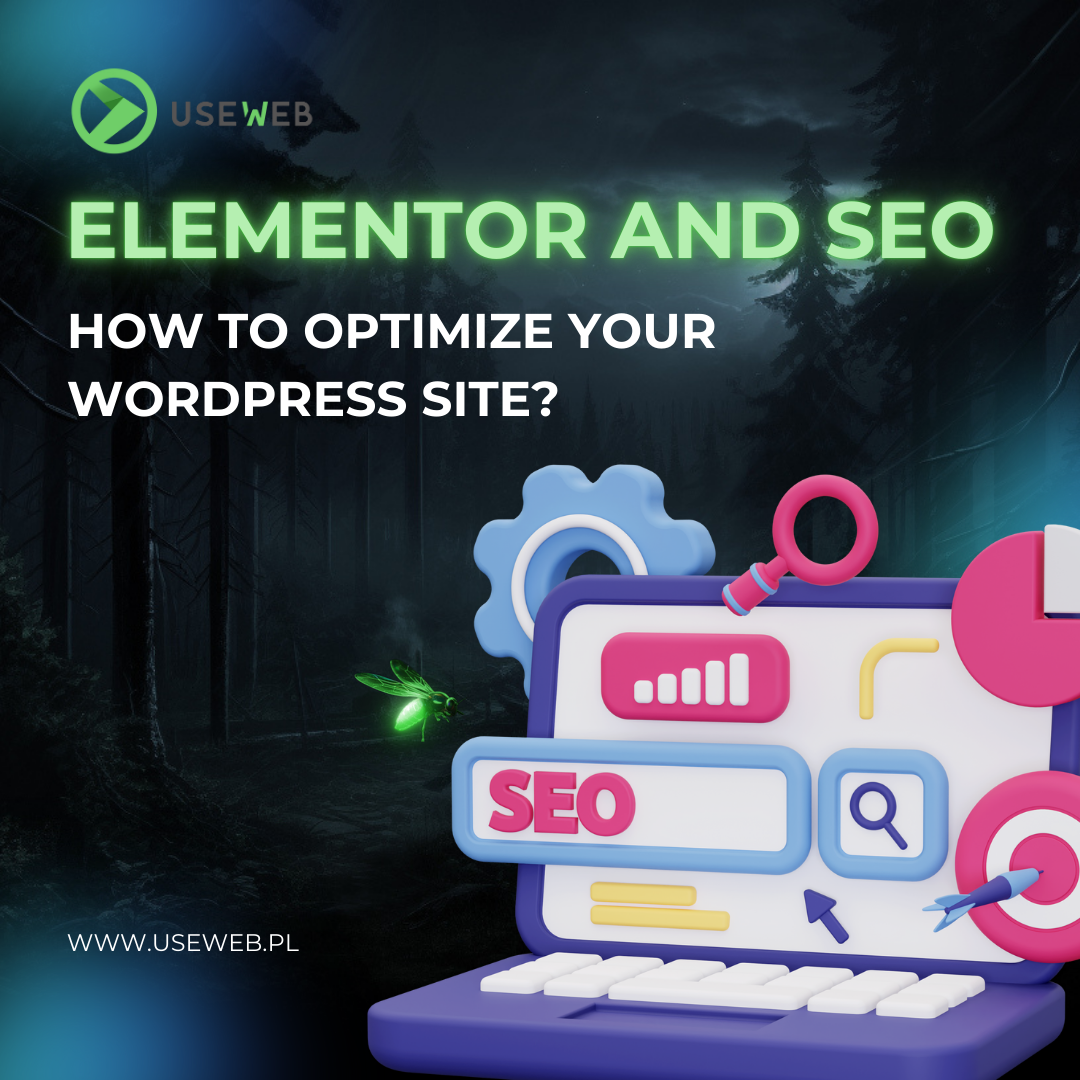Introduction to SEO
What is SEO?
SEO, or search engine optimization, is the process of adapting a website so that it is better visible and perceived by search engines, mainly Google. In practice, it’s about making your site appear as high as possible in search results for specific phrases.
Why is SEO important for your website?
In today’s world, most people look for information through search engines. The higher your site appears in the results, the greater the chance that users will visit it, which can translate into increased sales, subscriptions, or other key actions.
How does the Google search engine work?
Google scans the internet for new pages using so-called robots. They assess the site in terms of content quality, technology, link structure, and many other factors. Based on this, the search engine decides what position the site will occupy in the results.
Keywords
The role of keywords in SEO
Keywords are phrases that users enter in the search engine. To make your site visible to the right target group, you need to know which keywords are important to it and optimize the site for them.
How to choose the right keywords?
Start by listing potential phrases that your customers might enter. Then use keyword research tools to understand their popularity and competitiveness.
Keyword Optimization: How to Do It?
After identifying key phrases, start incorporating them into content, meta descriptions, titles, and image alts. Remember about naturalness – excessive use of keywords can do more harm than good.
Technical optimization
Site structure and SEO
A good site structure helps Google robots better understand its content. Remember about the header hierarchy (H1, H2, H3) and the logical organization of content.
Site mobility and SEO
In the era of smartphones, the site must be adapted to mobile devices. Google penalizes sites that are not “mobile-friendly”.
Site loading time and its impact on SEO
A long site loading time can deter users. Optimize images, scripts, and use technologies such as cache to speed up your site.
The importance of SSL for SEO
An SSL certificate (i.e., the green padlock in the browser) not only increases user security but is also a ranking factor for Google.
Internal and external linking
What is internal linking and why is it important?
Internal linking is the process of connecting pages on your site to each other. It helps in navigation but also strengthens the authority of your site in the eyes of Google.
External linking
External links are those that lead to your site from other websites. They are important for building your site’s authority. Try to get links from reputable sites in your industry.
Monitoring and analysis
How to monitor the position of your site in search results?
There are tools like Google Search Console that will help you track how your site is doing in search results.
How to interpret data and adjust the strategy?
Analyze traffic, conversions, and positions in the results. Based on this data, adjust your SEO strategy, making necessary changes and optimizations.
If you are interested in the basics of SEO and want professionals to handle the optimization of your site, contact us at useWeb. We help brands achieve better positions in search results and attract more customers!






